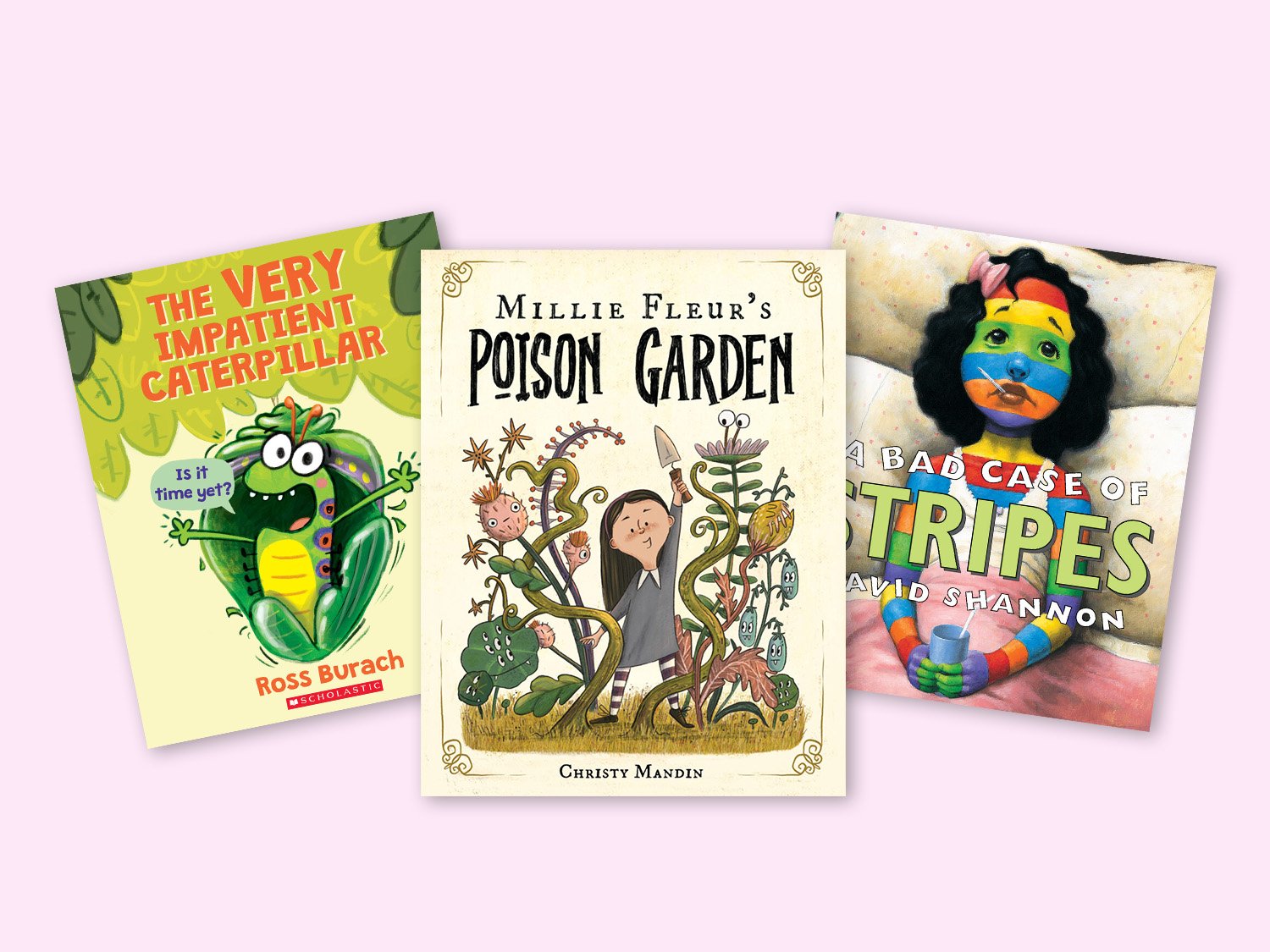14 Teacher Reading Tips You Can Share With Your Students' Parents
Use these teacher tips to provide parents with support and tools to build their child’s literacy skills and help keep your students learning at home.
Many parents are now playing a much larger role in developing their children’s reading skills. To help parents tackle this task, we reached out to our teacher community on Facebook to share their best advice for parents working with their child on reading at home—here’s what you said.
1. Don’t force them
If a child associates joy with reading when they come back to school, they will be more motivated to learn.
Barb McNitt
2. Create a positive experience
Children can recover from weeks of lost skill building; it’s harder to recover from negative experiences that make reading a hated experience.
Jen Egan Cranston
3. Schedule dedicated reading time
Make sure to take some time each day to read to your child. Also, spend some time where everyone in the family is reading their own book so your children can see you as a reader.
Reuben Hks (Jennifer Oliger)
4. Start Small
If your child gets stuck on a word, have them break it into chunks, cover the ending, or look for sounds in the word they can say. Notice the words they struggle with and make a list of those words to practice.
Stephanie Wendel
5. Take Turns
Take turns reading paragraphs so they don’t get tired reading by themselves. Ask questions and have them ask you questions too. They are comprehending if they can discuss what has been read together.
Petrina Milligan LeBlanc
6. Use visual reinforcement
If your child is having trouble reading, give them a hard copy of the book and let them listen to the audio copy of the book while they follow along. Reading out loud together is another effective way to help a child learn how to read.
Shantel Turner
Check out this list of the best read alouds for grades PreK-3
7. Ask your child for help
Ask them to “help” you while you are “busy” by reading the directions to recipes, grocery lists, texts from grandparents, etc.
Sarah Busch Sullivan
8. Have them record themselves reading and have the child listen back to it. They can check themselves to see if they made mistakes.
Kimberly Cleveland Kabrich
9. Read with them
Let your kids see you reading too. Allow them to make some choices in what they want to read.
Kristina Brook
Their developing skill can make it hard to follow the plot of a story, which is frustrating to them, so they read one page, you read three, they read one, you read two, etc.
Geni Atkinson
Read to them. Make sure they hear inflections in your voice and also point out transitions, sensory, and descriptive language.
Delmira Davis
10. Be patient
Listen to them read and help when they need it. Build up their confidence and their love of reading.
Laura Lemos Munera
11. Read to comprehend
After 3-5 seconds, give them the word. Finish the story. Discuss the story. Then work on decoding the words. We read to comprehend—if you stop to explain every word they get stuck on, comprehension is lost.
Danielle Richey
12. Read around the house
For the little ones, label things all over your house and let them "read the house."
Penny Horn Beam
Books, cereal boxes, nutrition labels, game instruction... Read. Read. Read!
Marge Gengler
13. Use what interests them
Read recipes together, also put on subtitles on their favorite shows so they can read it out loud to you.
Amby Silex
Use technology and watch authors and celebrities read aloud. Model the behavior.
Christen Lynn
14. Just read
Sit together, enjoy each other and the book and just read. Even if you do the reading, the emotional connections your child makes will be treasured. (And the vocabulary they’re exposed to will help them!)
Katie Sparn
Want more great content? Subscribe to our Teacher Newsletter below and get teaching ideas delivered right to your inbox.



